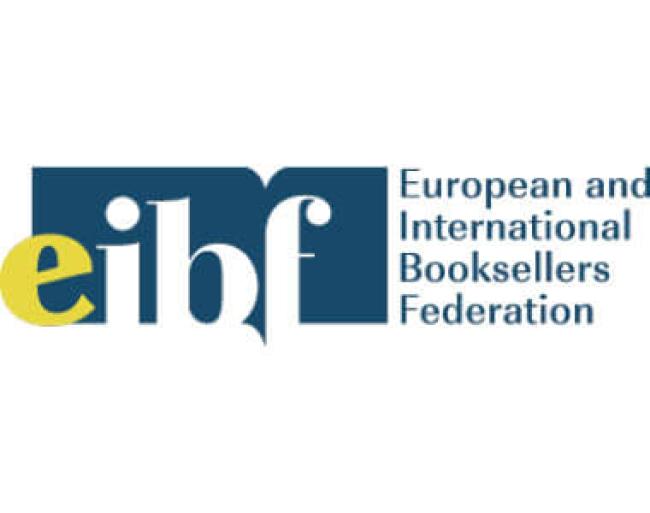
The European book sector is the first cultural industry in Europe with an estimated turnover of 40 billion euros(i). The European book sector employs several hundreds of thousands of highly skilled European citizens. Most of multinational book publishing companies are Europe-based.
Together, booksellers and publishers bring to the public world-class literary, educational, academic content, in printed, audio and electronic formats. They are committed to ensuring their works are available to the widest possible audience. This includes supporting initiatives to increase literacy, and making works accessible to those who may be unable to read books in their traditional format.
- Copyright is an enabler to the free circulation of e-books across the European Union and the bedrock of creativity and of the book industry, therefore the very foundation of the knowledge society (ii). Authors grant an exclusive licence to their publishers. Publishers generally acquire at least a pan-European licence for a specific linguistic version and generally offer pan-European access to their ebooks. Publishers then negotiate sales or licences’ contracts with wholesalers/booksellers.
- Availability. Making ebooks available to consumers requires important investments and often local sensitivity from both the publishing and bookselling end of the book chain. Book trade stakeholders thrive to be present on the various ebook markets of the European Union despite cross-border market differences. It is important to remember that some authors may choose not to have their books made available in electronic format, as is their property right. In such circumstances, publishers and booksellers are not legally permitted to make these works available as they do not have the necessary rights to do so.
- Interoperability. A key element for the growth of the e-book market is the interoperability between reading software and devices and the possibility for consumers to read any ebook bought on any platform on any device. Consumers would hugely benefit from this. Competition should happen at all level (the book itself, the online retailer and the reading device) to preserve the plurality and freedom to publish that are so vital to our cultural and social developments.
- Competition. The continuation of the rich and diversified European literature reflecting the richness of the multilingual European cultural identity is better served with a strong, diverse and healthy network of book and ebooks retailers, able to provide European consumers with books in the format of their choice. One should therefore seek to avoid monopolies, or dominant positions especially in digital distribution.
- Value Added Tax. In 25 out of 27 Member States, the content of a printed book is taxed at zero or reduced rates. The standard tax rates on ebooks are detrimental to growth and the different rates create strong disparities between multinational platforms and local ones.(iii)
- Piracy. With the exponentially growing ebook market, publishers are developing content to match consumer demand; the legal offering is increasingly diverse and customers are being offered innovative ways to read books. Yet, ebooks illegally uploaded on websites do not only compete unfairly with these new offers, but also damage the perceived value of books as a cultural good. Simple procedures to remove illegal ebooks from these websites and to close them if they don’t act, are required.
i Based on the revenues of publishers. FEP statistics
ii The success of the book sector is based upon copyright encouraging works to be created, developed and exploited, and through which revenue is generated and reinvested back into creative and academic output. Copyright also allows works to be licensed and sold across national borders driving export revenues and promoting European culture across the continent and overseas.
iii While in the US there is a moratorium on taxes on e-sales.
